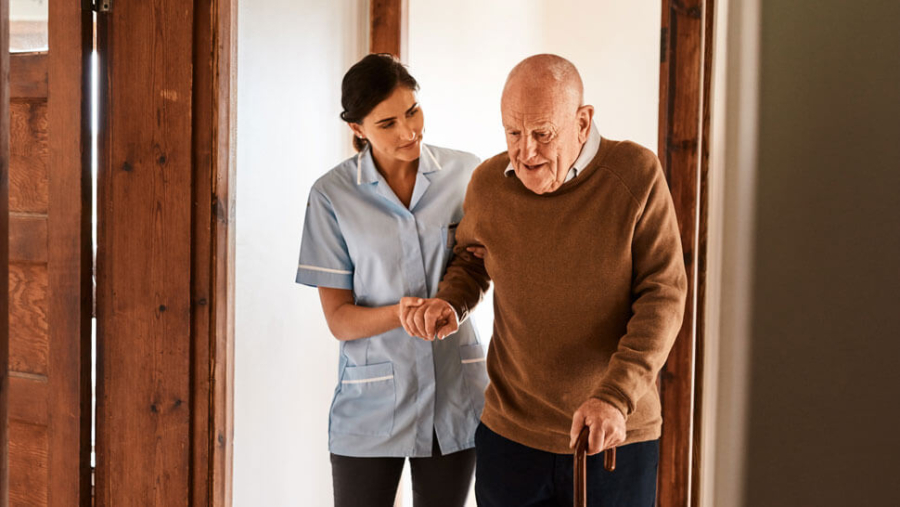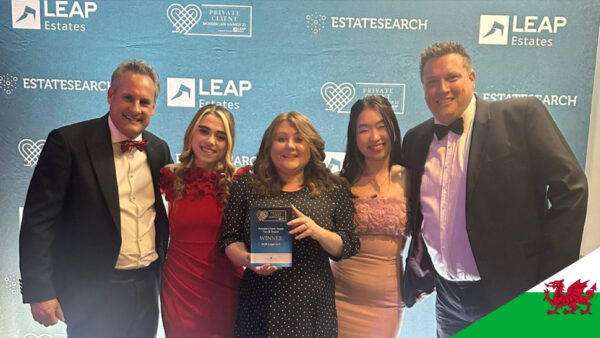
How can care homes can help a resident make a Will or a Power of Attorney if there’s a blanket visiting ban in place?
26th March 2020

Most care home and nursing home facilities have contracts that allow them to exclude visitors where there is a danger to other residents or staff if visits continue. As Covid-19 presents a clear risk, many facilities have understandably introduced a blanket ban on visitors.
However, there are some situations in which a blanket ban many cause difficulties.
One example is where a resident wants to make a Will or a Power of Attorney.
The government recognises that the ability to make a Will at the moment is important. This is especially true for older people, who have the worst outcomes if they are infected. Under the government guidelines, solicitors who are involved in the preparation and execution of Wills are key workers who are allowed to work and move around at present.
In this case, it is important to consider the practical steps you can take to meet the rights of your individual resident while still protecting all your other residents and staff.
What practical steps can I take to help my resident make a Will or Power of Attorney?
Your resident can talk to a solicitor using video conferencing facilities such as Zoom. The volumes may need to be higher than usual and you may need a larger screen. Privacy and confidentiality also need to be maintained.
When it comes to signing the Will or Power of Attorney, you could set aside a separate room with a separate entrance and hand washing facilities. The room will need to be deep cleaned afterwards. The resident may want to consider self-isolating afterwards.
You might find a setting like this is useful for other scenarios too. For example, a social worker may need to visit your home at some point and having ready-made facilities will make you look well-organised and aware of your wider responsibilities.










